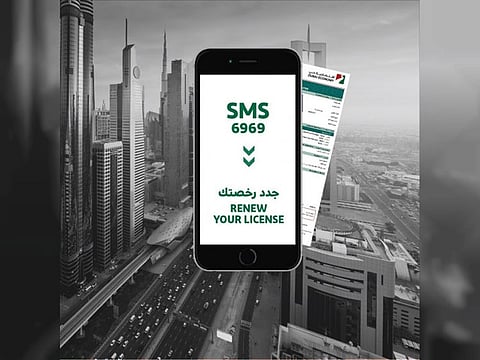Businesses have options to be in compliance with ESR law
But businesses need to speed up these measures for the next deadline by year-end

Most companies in the UAE were required to file their ESR (Economic Substance Regulations) notification before June 30. Those who failed to do so are liable for fines of between Dh10,000 to Dh50,000. Providing false information can also result in fines, as well as the potential suspension or cancellation of business activities.
In the run up to the deadline, much of the focus was on understanding whether a business conducted any of the relevant activities and filing the notification on time.
But, for those companies who do fall in scope and conduct a relevant activity in the UAE – ranging from local SMEs to multinationals - the initial notification is just the beginning. Now they must create an action plan so that they can demonstrate an adequate economic presence in their annual returns, which is due by the end of the year (within 12 months of their relevant financial period).
Anyone who does not comply with the ESR test criteria has less than six months to understand their obligations and implement changes to address any gaps. While the ESR is retrospective for the previous financial year, any risks need to be rectified immediately to avoid further penalties for the subsequent financial year.
Degrees of interpretation
Because of the significant variations in size and scope between entities, there is no one definition of adequate or appropriate substance. Authorities will assess each situation in context, based on the activities they undertake. Likewise, the specific solutions to overcoming non-compliance will be bespoke to each company.
Broadly speaking, there are three main areas where links to the UAE should be shown and some suggested steps to take:
UAE management and control
Businesses that trade or provide services without a physical office and staff will need to prove their legitimacy by establishing a level of UAE management and control. As part of this, a suitable number of board meetings should be physically held and documented in the country.
One option is to appoint non-executive UAE directors who sit on the board without any day-to-day management responsibilities. Non-executive directors are a good source of expertise and stability in general. Individuals should be selected based on their skills and ability to add value in line with specific business requirements and the current commercial climate.
It is important to choose residents who are permanently located in the UAE and don’t spend large amounts of time travelling. While the recent pandemic has seen many meetings take place virtually, as foreign travel resumes, the physical requirement will be maintained and the individuals should be available for all upcoming UAE board meetings.
Core income generating activities
A company’s core income generating activities must be undertaken (and strategic decisions made) in the UAE. It is possible for a licensee to outsource its CIGAs to a third-party, or collaborate with local service providers for this purpose. The key here is that the company remains fully responsible and maintains adequate supervision of anyone they engage.
Due diligence should be undertaken to ensure the quality of work. In many ways, this is easier in the UAE compared to some offshore jurisdictions as there is a greater talent pool of skilled workers.
UAE expenditure
As well as outsourcing CIGAs, companies can also outsource corporate service duties as part of their overall operating expenditure. For example, VAT lodgement, accounting and bookkeeping.
Other areas of expenditure include employing full-time UAE-based staff and physical assets, such as office premises where appropriate. If companies are looking to hire new staff, they can consider positions such as business development to expand their presence in the UAE and wider Middle East market.
- Scott Cairns is Managing Director, Creation Business Consultants.
Sign up for the Daily Briefing
Get the latest news and updates straight to your inbox








